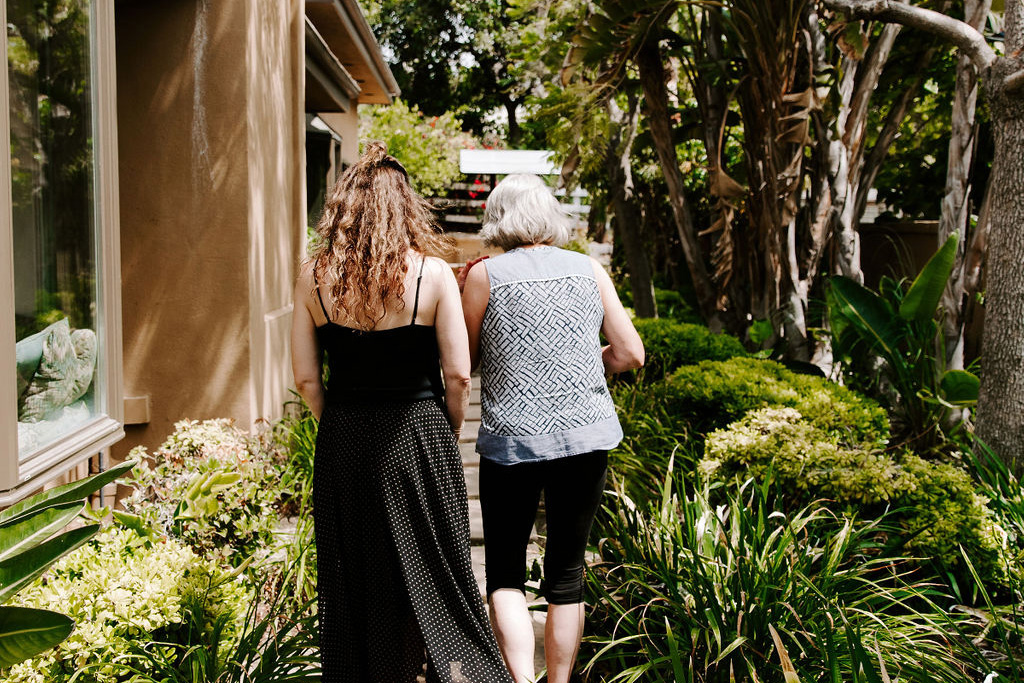Grief is a complex response to any form of bereavement, such as the death of a loved one, a job loss, the breakup of a relationship or any other fundamental change. In the face of a friend’s overwhelming sadness, anger, guilt, shame and denial, it can be challenging to know how to respond, but in observance of National Grief Awareness Day on Aug. 30, here are some ways you can help a grieving friend.
1. Be Patient
People move through the stages of grief at different rates. There’s no linear timeline for learning to live with loss, and there are many healthy ways to mourn. If you try to rush your friend through the process, you could appear insensitive and make matters worse. Show you care by allowing your grieving friend ample time and space to work through their ups and downs.
2. Focus on the Positive
Even in the depths of their mourning period, a grieving friend might still laugh at a joke, smile at a cute neighborhood dog or enjoy the warmth of the sun on their skin. Encourage them not to feel bad about experiencing positive emotions. Ongoing sadness can be a heavy burden, and you can’t expect anyone to carry it with them 24/7.
3. Encourage Healthy Self-Care Strategies
Grief can cause situational or long-term depression, and self-care may be one of the first things people in mourning neglect. Depressed people have trouble finding the motivation to do things like exercising, maintaining consistent sleep schedules or completing household chores. You can help pull a grieving person out of the well of depression by encouraging them to do at least one small self-care activity every day.
Things to Say to a Grieving Friend
You might not know how to talk to someone in mourning because you worry you will seem insincere. Generally, it’s best to avoid phrases like “Everything happens for a reason,” which can make your grieving friend feel worse. Instead, let them know that you understand how they feel by saying something like “I’m so sorry for your loss.”
Try not to console your friend by trying to explain the loss or making suggestions about how they should handle their complicated emotions. Instead, listen respectfully when they want to confide in you, check in with them frequently and provide concrete examples of how you can help. For example, if you’re comfortable in the kitchen, you can offer to come over and cook dinner on days when they don’t have the energy or enthusiasm to do so themselves.
Treating Addiction and Mood Disorders
Often, self-destructive behavior such as drug abuse results from an attempt to cope with extreme mental or emotional anguish. At Hope by the Sea, our experienced professionals help people break the cycle of addiction and find a joyful, fulfilling life. We offer customized treatment plans in a beautiful Southern California setting that inspires recovery. Contact us today to learn what makes us a leading family-owned addiction treatment facility.

